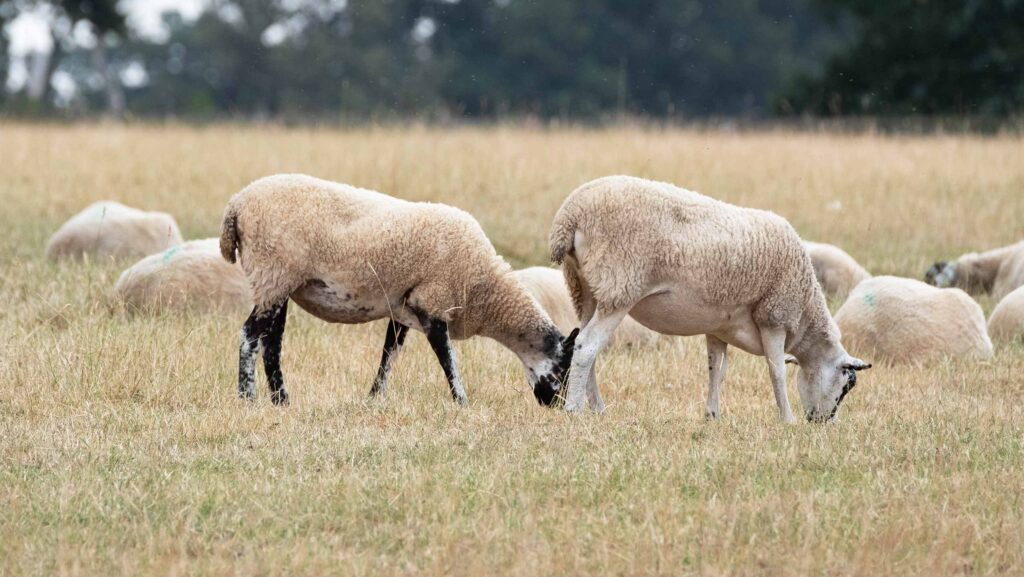Bluetongue cases continue to surge across England
 © Tim Scrivener
© Tim Scrivener Bluetongue cases in livestock in England have risen to similar levels as seen in the previous outbreak in November 2023, according to official government data.
The total number of farms affected by the BTV-3 virus in sheep and cattle now stands at 69 after further cases were confirmed this week in the East Riding of Yorkshire and in Lincolnshire.
During the previous bluetongue outbreak between November 2023 and March this year, 73 premises across four counties in England recorded cases.
See also: Analysis – what farmers need to know about bluetongue
This current outbreak has therefore seen almost the same number of confirmed cases over a three-week period as there were over three months last time.
Bluetongue is spread by biting midges infected with the virus that are being blown across from the continent to the UK.
The Animal and Plant Health Agency (Apha) says there is now evidence of some local transmission of BTV-3 in the East Riding of Yorkshire and Lincolnshire.
Consequently, Apha has revoked the existing temporary control zone (TCZ) and replaced it with a larger restricted zone (RZ) area, which extends from Boston, in south Lincolnshire, to Newark in the north.
In Lincolnshire, Louth Market plans to continue its weekly livestock sales on Monday 23 September, as planned.
Following the identification of further cases of BTV-3 in Kent and East Sussex, the RZ now covers Norfolk, Suffolk, Essex, Kent, East Sussex and part of Greater London.
‘Check movement restrictions’
Movement restrictions apply to cattle, sheep and other ruminants and their germinal products in both RZs.
Farmers can move animals within the RZ, but not between the two RZs unless they have a licence. However, Apha is urging farmers to only move animals where this is “absolutely necessary”.
NFU president Tom Bradshaw said: “We continue to urge all livestock keepers to remain vigilant for any signs of clinical disease and to report any concerns quickly to their vet or Apha.
“We encourage all livestock keepers to comply with any testing requests from Apha.
“The NFU is continuing to work closely with Defra and Apha to ensure that licences to permit movements within the restricted zones are available to farmers.”
National Sheep Association chief executive Phil Stocker said the recent mild weather may trigger further cases, as warm temperatures increase midge activity.
“We don’t know how long this current bluetongue outbreak is going to last, or how bad it will get,” he said.
“Farmers would like to see some cold weather coming in, but that might not suit others parts of farming.”
Mr Stocker said the first BTV-3 vaccines will likely become available next week. He urged farmers to seek advice from their vets over whether to use these or not.
Chris Dodds, executive secretary of the Livestock Auctioneers Association, said: “Bluetongue is definitely having an impact on trade at markets.
“I’d urge livestock farmers looking to sell their stock to speak to their local auctioneers to find out what movements are permitted.”
